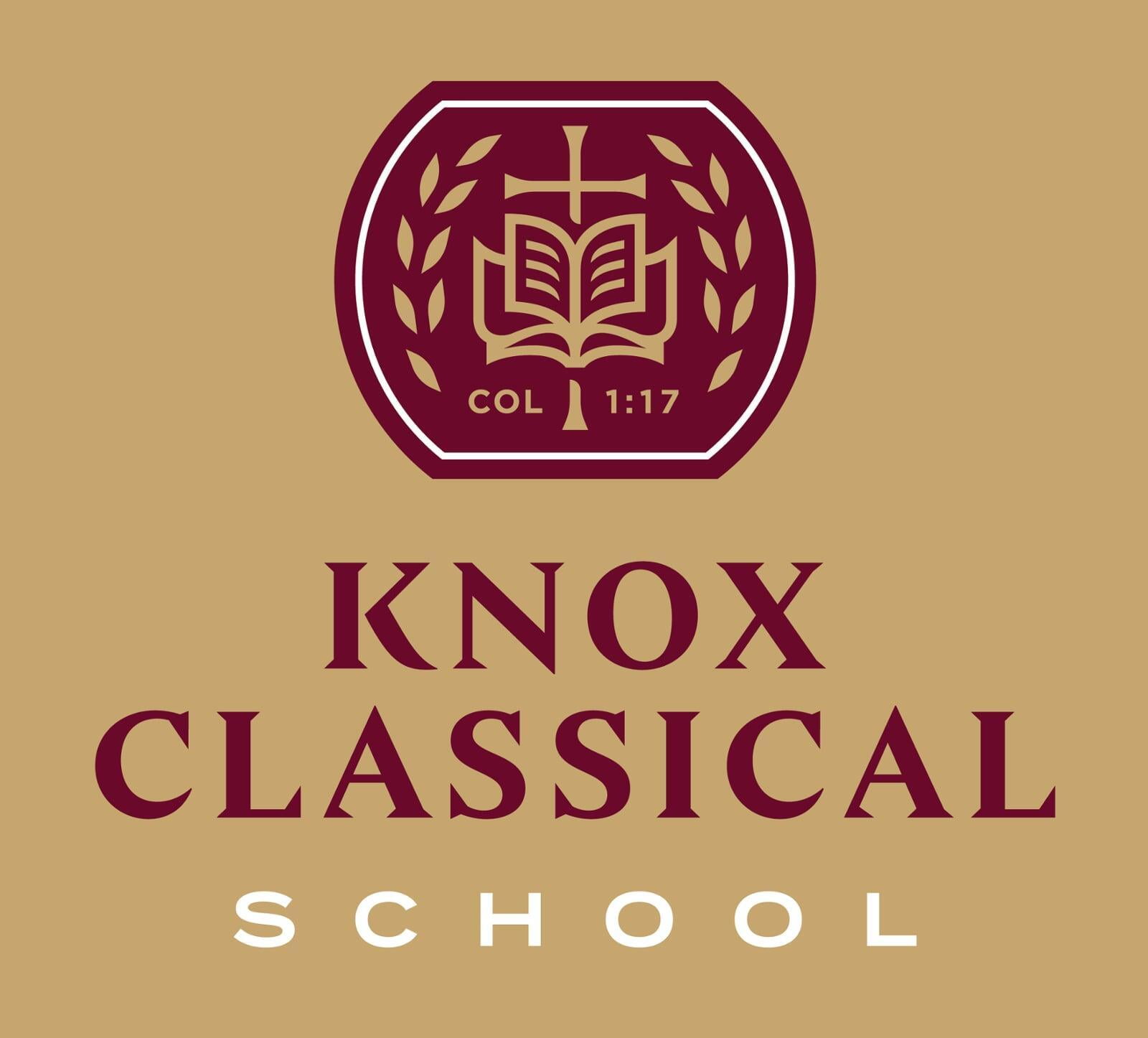Comparing Classical v. Conventional Education Over the Years
How will choosing classical Christian education affect what your child is doing in the classroom and at home on a day-to-day basis? Here’s a quick summary.
At the grammar level (approximately grades K-6), the most apparent differences are in orientation and emphasis. From the very beginning of their education, classical Christian students learn that “the fear of the Lord is the beginning of wisdom” not “self discovery” or even (just) the material world around us. Grammar-stage classes also emphasize extensive memorization and strive to cultivate a love of learning through vivid books, hands-on projects, and wide exposure to what’s good, true, and beautiful.
A kindergartener at Knox Classical, for example, will memorize 160 history-timeline events and a catechism with proof verses, and observe God’s sovereignty over and fingerprints on all human history, six different areas of science, mathematics, the English language, and more! Students in older grades will build on this knowledge each year, diving deeper into every subject to recognize God’s greatness.
At the logic and rhetoric stages (approximately grades 7-9 and 10-12, respectively), the uniqueness of the classical method is clear from the subjects studied—especially logic, rhetoric, philosophy, and theology—and the goal pursued: Not just knowledge for knowledge’s sake (or for the sake of a standardized test) but developing students who can discern the truth and communicate it with love and prudence.
Read more about this trivium-based approach to learning and why it’s so successful.

